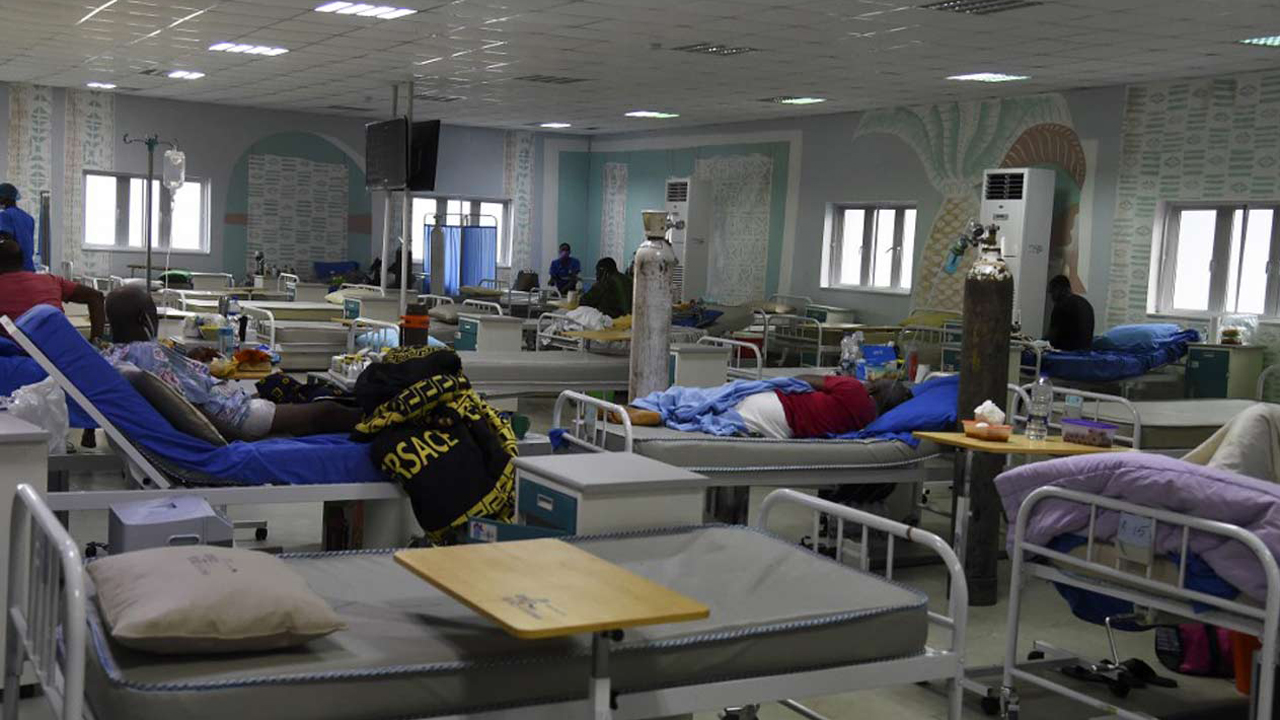 Sir: Like many other sectors and industries across the world, the social sector assesses its health and progress using a key indicator – the COVID-19 pandemic.
Sir: Like many other sectors and industries across the world, the social sector assesses its health and progress using a key indicator – the COVID-19 pandemic.
The pandemic forced social sector organisations to re-evaluate their work, and ask themselves a very important question – “Are we really as effective and impactful as we think we are?” For some organisations, the answer to this was yes, for some others it was no, but for everyone, drastic changes needed to be made, for them to adapt.
While the pandemic was devastating, and its ripple effects will continue to be felt for a long time, it accelerated a domino effect of change that has not only been beneficial to the sector but to the individuals and communities that it supports.
I would compare the social sector pre-COVID, to an old model car, with a functioning engine. It works well enough, performs its primary function of moving people from one place to another, and is probably serviced from time to time. What it does lack, however, is the upgrades that come from newer model cars – speed, sophisticated systems, smarter engines, aesthetics, and in some unique cases, self-driving technology. The social sector post-COVID, has begun to adopt more innovative and creative approaches for achieving impact. From the use of technology and digital transformation to creating systems that provide both financial and social profit, the sector has been able to improve how it does its work.
Social sector organisations are using technology to address social issues that have continuously affected communities, especially on the African Continent. From the creation of Artificial Intelligence (AI) based digital reading devices for visually impaired students, to using technology to combat food scarcity and wastage, and providing low-cost tech-enabled solutions for rural farmers, non-profits and social enterprises have embraced the digital transformation era, and this has only impacted positively on their work, and beneficiaries.
Osayi Alile is CEO, Aspire Coronation Trust (ACT) Foundation.
Young people who were already ‘riding the technology wave’ – found it much easier to adapt to the changes that COVID-19 brought, especially during the lockdown. They leaned into their civic power (the EndSARS protests in Nigeria being a good example), created financial opportunities for themselves using digital platforms like social media, and embraced opportunities in the tech industry. Considering that Africa is the youngest and fastest growing continent in the world – by 2030, there will be 375 million young people in the job market – the youth population holds tremendous potential for growth, within, and beyond the social sector.
I am truly excited for what the future holds for the sector and encourage actors to focus on strengthening their internal systems and processes, designing outcome and impact-driven solutions, emphasising locally led and driven solutions including philanthropy and social work, and documenting their wins and successes.
Osayi Alile is CEO, Aspire Coronation Trust (ACT) Foundation.






